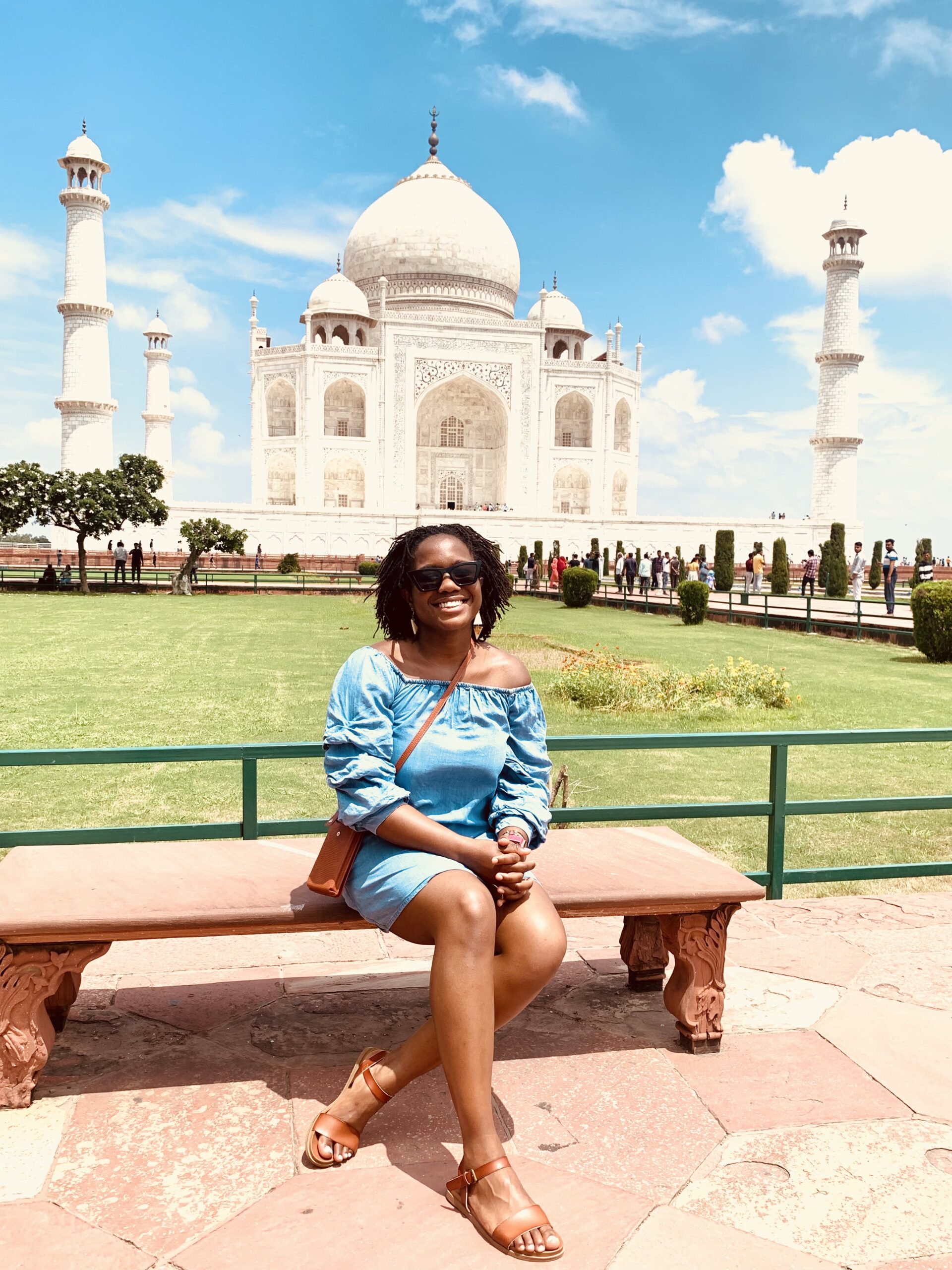Interview with alum Ivy Tirok, Class 2019
December 13, 2022
Please tell us who you are and what you have been doing since graduation.
My name is Ivy Tirok and I am from Nairobi, Kenya. I was a student at UWC Maastricht and I graduated in 2019. Currently, I study Economics and Computer Science at Harvard University. In my free time, I enjoy travelling, powerlifting and taking care of my many many plants.
What is your strongest UWCM memory?
My experience at UWCM was transformative. It was the first time that I was thousands of kilometres away from my family and a lot of things that were familiar. Being in a new space forced me to understand myself outside of the external influences that I had while growing up. My UWC experience allowed me to get to know myself and to grow into who I am today.
We recently used one of your poems, An Apolitical Poem, that you wrote for the Flying Dutchman during the staff professional development on diversity and inclusion. How does that make you feel?
I don’t really know how to feel, to be honest. When I wrote the poem in 2020, I was not thinking about its potential impact. It was simply a cathartic experience- putting my thoughts to paper. That being said, it’s amazing to see that the poem continues to facilitate meaningful conversations… that it’s a step towards making all students feel welcome at UWC. I am glad that the school continues to find ways to improve.
For those who have not had a chance to read it, the poem is about racism and stereotypes that you experienced at UWC Maastricht. What role did UWC play in you becoming political? Was it different when you went to university?
I often say that I was not black until I came to the Netherlands. Having grown up in Kenya where the majority of people are black, race was not a topic of conversation. We talked about classism, tribalism, corruption… but not race. Conversely, despite it being an international college town, there were not as many black people at Maastricht. I felt like a drop in the ocean. This forced me to acknowledge my blackness as part of my identity… to think about it and talk about it. Writing the poem for The Flying Dutchman newspaper was just one way for me to share my views with my peers. In 2019, I graduated from UWCM and moved to the United States for university. I felt like the experience of racism in the U.S. is different from the microaggressions I encountered at Maastricht. I find that the microaggressions I faced in Maastricht came from a point of ignorance, whereas in the US it is coupled with a complex history of the treatment of black people and black bodies.
Attending UWC exposed me to a variety of cultures and prepared me for what I would experience in the U.S. I love sharing my background with others and learning from them as well. I feel that there will always be a need for poems like mine. The world is becoming more global, and we need to use art to create avenues for people to connect.
In what ways would you say you have been giving back to UWC?
I have been involved in a couple of short courses, one here in Kenya and one at UWC Changshu China. I have also been coaching UWC students who are applying to Ivy League schools in the U.S.
How would you say that you keep living the UWC mission? Is it present in your life?
Absolutely! When I joined Harvard and encountered the hyper-competitive environment, I felt lost in my first year. At UWC, everybody seemed to share the same goal, we all wanted to make the world a better place, to contribute to a peaceful and sustainable future. However at Harvard, it seemed like people were solely focused on getting the next job or internship or fellowship. Now that I am a bit older in my college career, I feel like I have regained my sense of purpose. Today, one of the ways I stay connected to the UWC mission and values is by running the Harvard Youth Lead the Change conference for high school students in Delhi, Mumbai and Dubai. My teammates and I volunteer to teach students about leadership, social change and other important life skills. Mentoring students gives me a sense of fulfilment and hope, it brings me back to UWC.
Is there any advice that you would like to give to other alumni regarding finding their way of living the mission?
Stay in touch with the schools, the committees and the UWC movement in general. This will keep you grounded while exposing you to a multitude of opportunities within the network. Keeping the alumni close will remind you of your experience at UWC, what you valued at the time, and how that fits into your current life.



